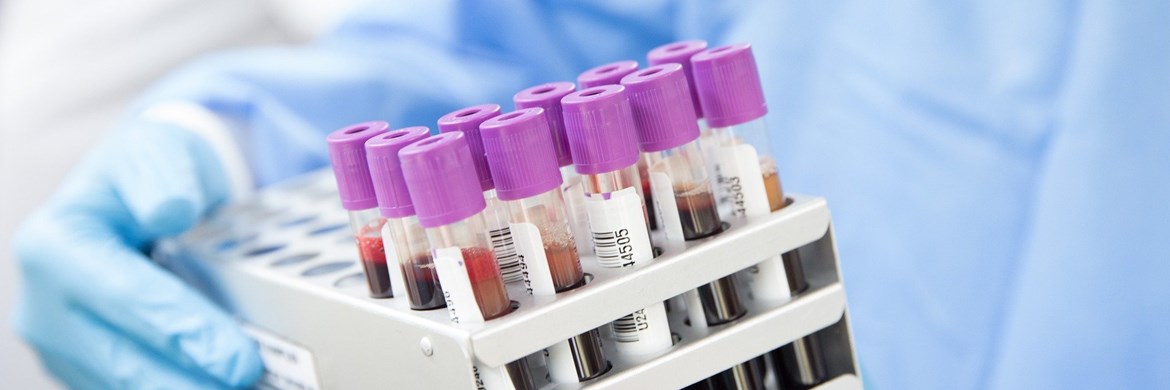
01 September, 2021
Blood Cancer is the third biggest cancer killer in the UK, and around 15,000 people die of it every year. Blood Cancer Awareness Month aims to educate and inform the public about the deadly disease so symptoms can be recognised sooner and therefore increase the chances of survival with early diagnosis, (Blood Cancer.org).
Most blood cancers, also called haematological cancers, start in the bone marrow, where the blood is made. Blood cancers regularly transpire when abnormal blood cells start to grow at a faster pace than the normal blood. This interrupts the function of the regular blood cells, (Cancer Centre).
There are three main different types of blood cancer found. These blood cancers vary in what section of the blood it grows in and who is most likely to be diagnosed with the specific type of cancer. The three main strains of blood cancer include:
Leukaemia
Leukaemia prevents the body’s white blood cells from fighting infection that enters your body. It is the most common type of childhood cancer that will mostly affect children from the ages of 3-5. This type of blood cancer can be tested through a CBC (blood count) test. This will allow a medical professional to detect abnormal levels of white blood cells in compared to the red blood cells and the platelets, (Yale Medicine).
Lymphoma
Lymphoma is the strain of cancer which affects the lymph system. This network of vessels includes your lymph nodes, spleen and thymus gland. People who have weaker immune systems are more likely to get Lymphoma and the most common age groups include 15-35 and over 50, (WebMD). Lymphoma is tested through a biopsy from a medical professional. In some cases, X-ray’s, CT scans and MRI scans could also be requested to see if the cancer has spread, (Cancer Research).
Myeloma
Finally, Myeloma is the blood cancer that most commonly begins in the bloods plasma, then affecting the red blood cells. Men over the age of 50 are most likely to get Myeloma. Again, Similarly to Leukaemia and Lymphoma, a CBC test and scans will be requested if a medical professional suspects you have blood cancer, (Cancer Centre).
The symptoms of blood cancer that you should look out for include
- Fever
- Chills
- Fatigue
- Weakness
- Bone and joint pain
- Weight loss
Blood cancer affects the lives of 40,000 people each year, with around 250,000 unknowingly living with the disease, (BloodCancer.org). Fortress Diagnostics is committed to the research and development of testing solutions for cancer. In 2018, we partnered with Nottingham University, University of Cape Town, Queens University Belfast and more recently, Ulster University to jointly develop tests for Tuberculosis and cancers. Over 30% of Fortress Diagnostics annual turnover is given towards Research & Development for early detection tests for cancer. For more information, please contact us on info@fortressdiagnostics.com.








